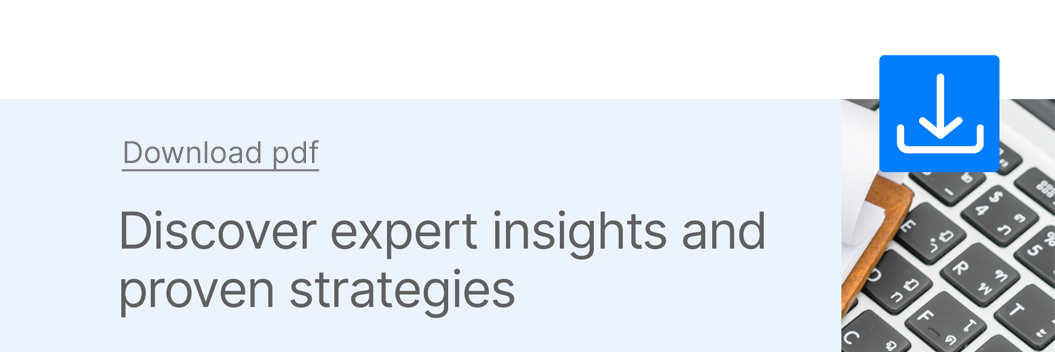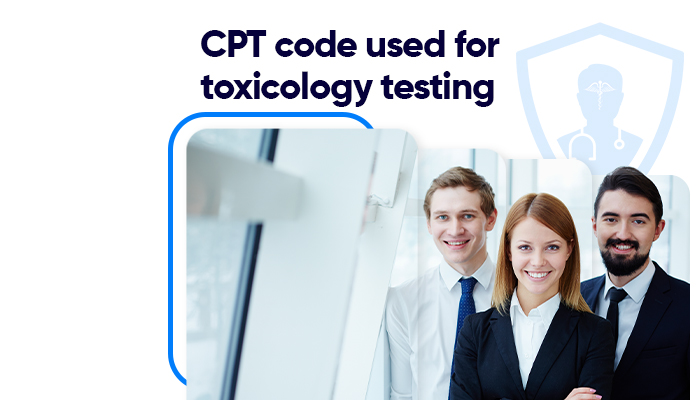Toxicology services are no exception to the necessity of CPT codes for invoicing operations in medical facilities. In toxicology testing, chemicals like drugs or alcohol are sought by analyzing bodily fluids like urine or blood. Medical practitioners and laboratories must correctly categorize their services to prevent toxicology billing issues and guarantee appropriate compensation.
Toxicology codes are complex; therefore, knowing them and their differences is essential for billing. Let’s look at some of the frequently used CPT codes for toxicology without further ado.
Drug Testing CPT Codes
Drug testing, or toxicology analysis, is a process that involves testing a person’s blood or other fluids to detect the presence of drugs or their by-products. This examination requires the analysis of blood or urine samples. This kind of analysis involves looking at blood or urine samples. There are three different CPT codes related to drug testing:
80305: Presumptive drug test for a single drug class
This is the code for a drug test that looks for only one type of substance in a given specimen (such as opiates, cannabinoids, cocaine, amphetamines, etc.) rather than multiple types. The gathering and analysis of test results are both included in this code.
80306: drug test, presumed, numerous drug classes
This code is utilized when testing a specimen for multiple drug classes simultaneously (for example, opiates and benzodiazepines). The gathering and analysis of test results are both included in this code.
80307: Conclusive drug test
When a sample has tested positive for a drug class using a presumptive test, this code is used to test it. Final testing is performed to determine the precise drug or metabolite and confirm the presence of the substance. This code encompasses the process of collecting and analyzing the test data.
Alcohol testing CPT codes
To determine whether ethanol (alcohol) is present in a patient’s body, toxicologists utilize alcohol testing. There are two different CPT codes related to alcohol testing:
82055: any samples other than breath; alcohol (ethanol)
This code checks for ethanol in a specimen (such as blood or urine). This function handles the gathering and analysis of test results.
82075: Alcohol; breathing
This code is for a breathalyzer that detects ethanol in a patient’s system. This code incorporates the gathering and analysis of findings from tests.
Nicotine testing CPT codes
Nicotine testing is a toxicological test used to determine whether or not a patient has nicotine or any of its metabolites in their system. For nicotine screening, there are two different CPT codes:
80323: Blood, serum, or plasma with nicotine
This code is applied to determine if nicotine is present in a patient’s blood, serum, or plasma. This code comprises both the gathering and analysis of the test results.
80324: urine and nicotine
This code is employed to check for nicotine in a patient’s urine. This function handles the gathering and analysis of test results. It’s crucial to remember that these codes may vary based on the healthcare facility and insurance company. It is advisable to contact the healthcare professional or billing expert to guarantee that the correct CPT codes are utilized.
Additional CPT codes
80320: This code is used to charge for drug testing using a conclusive method for several drug classifications. This code may be used for urine or blood samples and may cover as many as fourteen drug classes.
82542: This code is utilized to charge for blood alcohol testing, which determines whether alcohol is present in the bloodstream. The blood alcohol content can also be determined using this code.
82378: This code is used to charge for a blood test that looks for the inclusion of drugs or other substances. Serum, plasma, or whole blood are a few sample types that can be utilized with this code.
80101: The code has been adopted for billing for a urine-based drug test that is performed to identify the existence of drugs or other chemicals.
It can test for many different types of drugs and is therefore helpful in various contexts, including pre-employment checks and addiction treatment.
83992: This code is used to bill for a drug test that looks for the possibility of drugs or other chemicals in the oral fluid. This code is applicable for testing following an accident or when there is a suspicion of drug use. It also encompasses a wide range of chemicals.
Conclusion
There are a few different categories of CPT codes that could be used for toxicological testing. These categories include codes for presumptive drug testing, definitive drug testing, and miscellaneous testing codes.
Patients can avoid receiving inaccurate or inflated bills if their healthcare professionals use the correct CPT code when billing for a particular test. This allows healthcare providers to accurately submit payment claims, which will enable patients to avoid receiving these bills.










